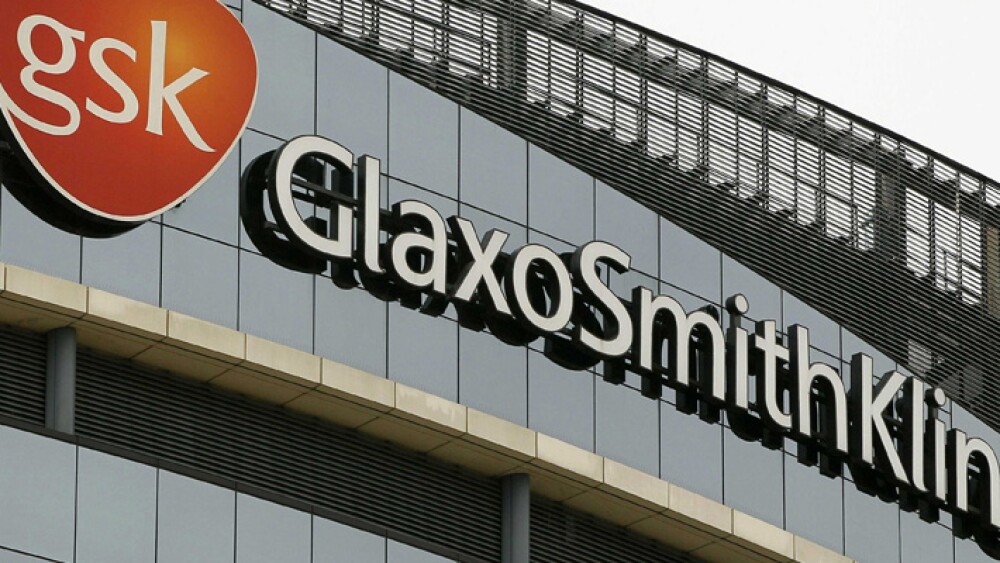July 28, 2017
By Mark Terry, BioSpace.com Breaking News Staff
It didn’t take long for investors and analysts to criticize GlaxoSmithKline ’s Emma Walmsley for the new chief executive officer’s strategic initiatives. LINKhttp://www.biospace.com/News/glaxosmithkline-ceo-kills-30-pre-clinical-and/464079
At the company’s second-quarter financials on July 26, Walmsley indicated the company plans to kill more than 30 preclinical and clinical programs and allocate 80 percent of its research-and-development budget to respiratory and HIV/infectious diseases. GSK’s three product divisions are Pharmaceuticals, Vaccines and Consumer Healthcare. The priority for the company is improvement in Pharmaceuticals. And as part of that, it needs to achieve full value with its recent and upcoming product launches, make improvements in its cost base, and strengthen its pipeline.
So part of the strategy is to focus on respiratory and HIV/infectious diseases, and bolsters its oncology and immuno-inflammation areas.
Bloomberg, however, wrote today, “Emma Walmsley has disappointed the investment bankers. The new CEO of GlaxoSmithKline Plc has reviewed the drugmaker’s strategy and decided against big structural changes in favor of just managing things better.” Then, in a statement that seems to add insult to injury, Chris Hughes, writing for Bloomberg, adds, “It looks like the company is going to run for the benefit of its shareholders more than its scientists.”
Several big investors, notably Neil Woodford, of UK’s Woodford Investment Management, had been pushing for GSK to make big structural changes, essentially splitting the company. Woodford had been urging the company, in a blog post titled GLAXIT in May, wrote, “The consumer healthcare division has delivered modest progress but its growth rate and margins have been well below that of its peers; Vaccines has performed well at times but growth has faltered in recent years; the one genuinely successful area has been the development of its HIV franchise, ViiV.”
Woodford was unhappy enough with GSK in May that he unloaded all his GSK shares at that time.
Bloomberg writes, “Some investors thought the remedy was to carve out the consumer unit, enabling management to focus on reviving the pharma operation. But the consumer arm has science behind it, and benefits from sharing in Glaxo’s global infrastructure.”
Walmsley’s strategy appears to be attempting to boost the company’s research productivity within the current structure, rather than breaking the company into pieces. Largely this involves jettisoning less-promising programs by dumping them or developing partnerships, and reallocating—and perhaps boosting—R&D funding for the remaining areas. It is also likely to invest in bolt-on acquisitions to bolsters its R&D pipeline.
Bloomberg noted, “This focus on prioritizing winners and killing weaker prospects is just what investors wanted to hear. In less than four months, Walmsley has also identified 1 billion pounds ($1.3 billion) of cost cuts, largely from procurement.”
At least part of the issue with some analyst and investor concerns is that GSK stock is trading at a 10 percent discount compared to its peers on a price-to-forward-earnings basis. Hughes writes, “There were never going to be quick fixes for Glaxo. Investors have the dividend to hold onto, which now looks more affordable thanks to the pound’s devaluation. Glaxo says it will be 80 pence against next year, and it has pledged to grow the payout once free cashflow exceeds it by at least 25 percent. The payout has, in the past, been ahead of free cashflow. The flip-side of holding the dividend is less room to invest in drug discovery.”
Recently GSK made the decision to sell off the UK portion of its Horlicks malted milk beverage company. Sales have dwindled in the UK, but remains popular in India. It also plans to sell off its MaxiNutrition sports drink brand. As part of its restructuring, GSK has halted plans for a biopharmaceutical manufacturing facility in Cumbira, UK. It is also reviewing the possibility of selling its antibiotics business located in Ulverston, UK. The facility makes antibiotics such as Zinnat, Zinacef, and Fortum.
It seems as if Walmsley has taken a hard look at the company and, for now at least, decided to cut weak programs and double down on its best bets. If that seems too conservative for some investors and analysts, it’s at least understandable as a new CEO compared to four months into the job deciding to spin off a major part of the company.





